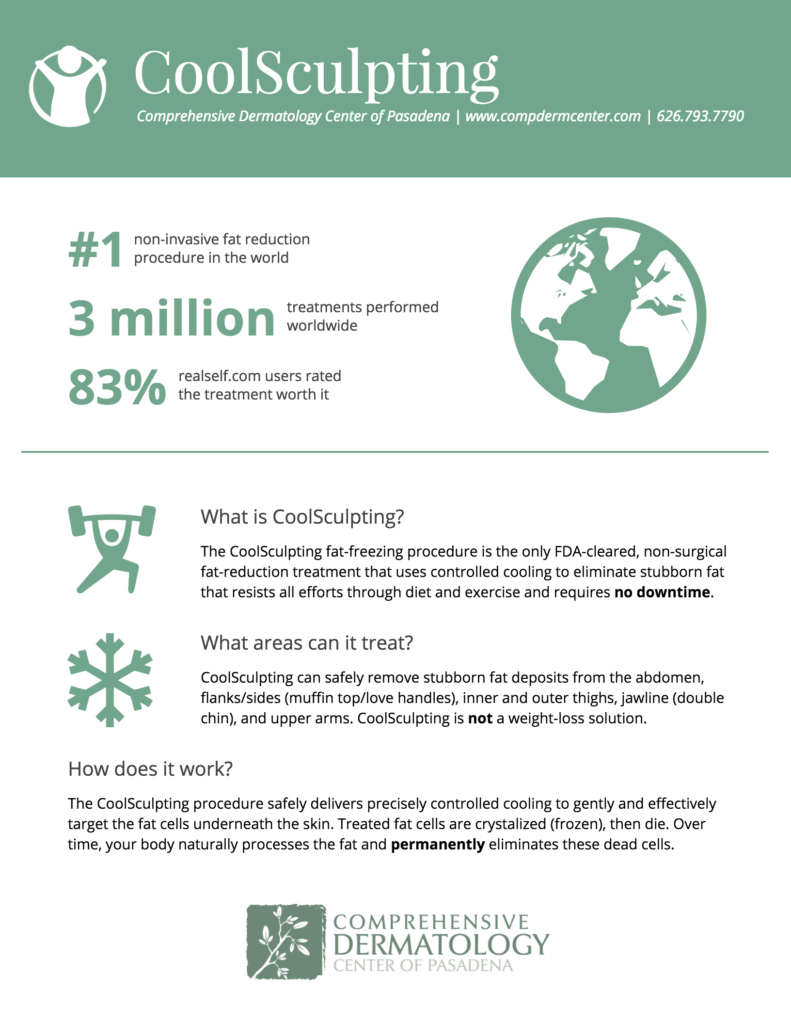Myths And Facts Regarding Acne: Debunking Common Misconceptions
Myths And Facts Regarding Acne: Debunking Common Misconceptions
Blog Article
Team Author-Joyner Kjeldsen
You could assume that enjoying delicious chocolate or oily foods is the source of your acne, but that's simply among several myths swirling around this typical skin disease. Actually, acne largely comes from blocked hair roots, not your last dessert. Misunderstandings like these can lead you to take on ineffective skincare methods that may even aggravate your scenario. As you browse the realities behind acne, you'll discover understandings that can transform your method to skincare and aid you achieve more clear skin. So, what truly exists below the surface area?
Common Myths Concerning Acne
When it pertains to acne, many people count on typical myths that can result in complication and frustration. https://www.startribune.com/allina-bans-twin-cities-plastic-surgeon-amid-latest-of-several-sexual-misconduct-allegations/600087250/ is that consuming chocolate or oily foods causes acne. While diet can affect skin health and wellness, the direct link in between particular foods and acne isn't as clear-cut as lots of think.
One more typical misunderstanding is that you ought to scrub your face vigorously to clear outbreaks. In reality, aggressive rubbing can aggravate your skin and get worse acne.
You may likewise think that acne only influences teens, yet adults can experience it too, often because of hormone adjustments or tension. Some individuals believe that sun tanning can clear up acne, however sun exposure can actually result in skin damages and aggravate outbreaks in the long run.
Lastly, numerous think that using harsh items will certainly remove acne quickly. Nonetheless, these products can strip your skin of its all-natural oils, resulting in boosted irritation and more breakouts.
Scientific Information Behind Acne
Comprehending the scientific facts behind acne can equip you to tackle this usual skin disease more effectively.
Acne happens when hair follicles end up being obstructed with oil, dead skin cells, and microorganisms. This process typically begins with an overproduction of sebum, the oil your skin normally creates. Hormone adjustments, particularly throughout puberty or menstruation, can activate this excess oil.
Bacteria referred to as Propionibacterium acnes flourish in these stopped up pores, bring about swelling. When your body immune system reacts, it can trigger soreness and swelling, causing those troublesome acnes or cysts.
Genetics also contribute; if your parents had acne, you might be much more vulnerable to it.
Diet regimen and tension levels can affect acne too, however research is still advancing in these locations. While indulging in oily foods will not directly create breakouts, a well balanced diet can support your skin wellness.
Also, handling stress can minimize hormone variations that may intensify acne.
Tips for Taking Care Of Acne
Managing acne properly requires a combination of everyday skincare behaviors and lifestyle changes. Begin by establishing a consistent skin care regimen. Cleanse your face twice a day with a gentle, non-comedogenic cleanser to eliminate dust and excess oil. Stay clear of scrubbing also hard, as this can irritate your skin and intensify acne.
Next, incorporate products including salicylic acid or benzoyl peroxide to aid stop outbreaks. Constantly follow up with a light-weight, oil-free cream to keep your skin hydrated. Don't forget sun block; go with non-comedogenic options to safeguard your skin from UV damage without blocking pores.
Past skin care, focus on your diet plan. Restriction sugary and greasy foods, and concentrate on fruits, veggies, and entire grains. Remaining moisturized is under eye botox , so beverage plenty of water throughout the day.
Additionally, handle stress with activities like yoga exercise, meditation, or exercise, as stress can trigger breakouts.
Lastly, stay clear of selecting or popping acnes. This can cause scarring and further inflammation. If your acne continues, consult a dermatologist for personalized therapy choices.
Verdict
To conclude, it's essential to different reality from fiction when it involves acne. By disproving usual misconceptions, you can better recognize your skin and make notified selections for your skincare regimen. So, why continue to count on out-of-date concepts when the truth can encourage you? Accept much healthier routines, concentrate on mild cleaning, and bear in mind that handling acne is a trip. With the right expertise, you're one action better to clearer, healthier skin.
